By Samantha Bartholomew
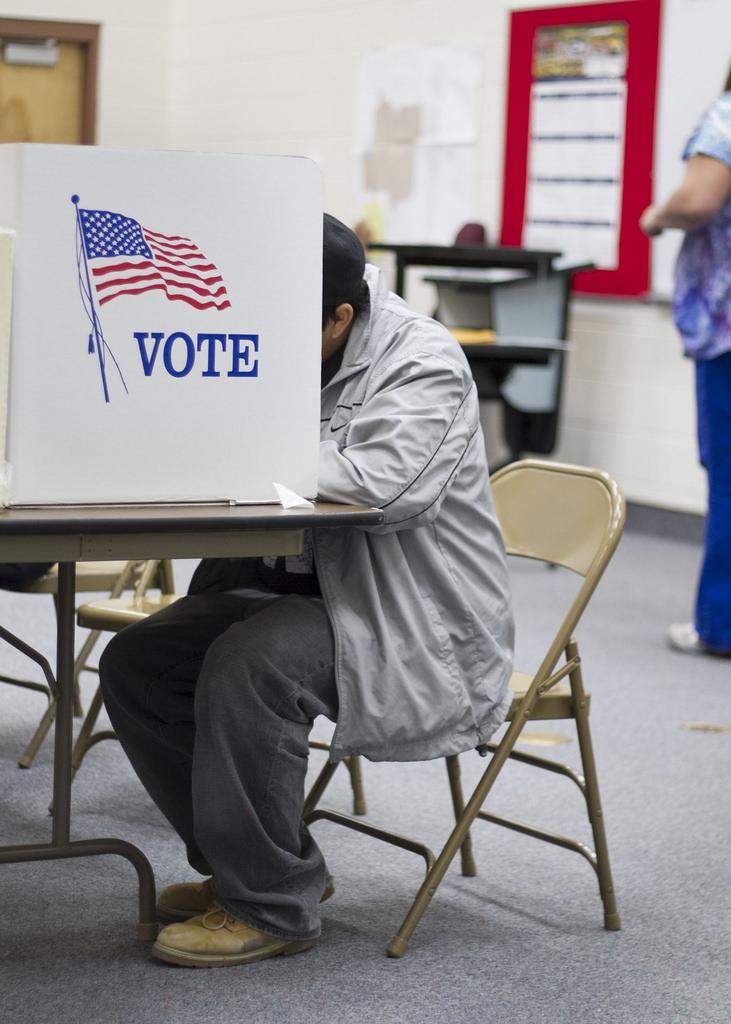
California voters will be voting on 11 propositions Nov. 6, ranging from rent control and the transportation tax and even getting rid of daylight saving.
Proposition 1
Affordable Housing And Home-Purchase Assistance For Veterans: If passed, Proposition 1 would authorize the sale of $4 billion in bonds to finance existing housing programs, as well as infrastructure work and grants to match a local housing trust fund dollar-to-dollar.
One-quarter of this $4 billion would help veterans purchase farms, homes and mobile homes.
Proposition 2
Using Mental Health Dollars For Low-Income Housing: Proposition 2 would free up $2 billion in bonds to pay to build housing that includes mental health services for chronically homeless people.
The original funds are part of the Mental Health Services Act, approved by voters in 2004 to provide mental health services to Californians. Legislators tried to appropriate this money two years ago, but that law has been tied up in courts ever since.
Proposition 3
Authorizing Bonds for Safe Drinking Water and Water Infrastructure: With Proposition 3 voters will decide whether to authorize $8.87 billion in state bonds for water infrastructure.
The majority of the revenue would go to safe drinking-water projects and watershed and fishery improvements, with money also going to habitat protection, dam repairs and other programs.
The proposition also gives priority to disadvantaged communities, and would require some projects to come up with matching funds from non-state sources.
Proposition 4
Authorizing Bonds for Children’s Hospitals: Proposition 4 would approve $1.5 billion of bonds to build, expand, renovate and equip qualifying children’s hospitals.
The majority of funds would go to private nonprofit hospitals that provide services to children who qualify for certain government programs.
This includes children with special needs who qualify for the California Children’s Services program.
The rest of the funds would be allocated to the University of California’s acute care children’s clinics, and public and private nonprofit hospitals that serve qualified children.
Proposition 5
Granting Property Tax Break to Senior Citizens and Disabled Persons: Proposition 5 would amend Proposition 13 (passed in 1978) to allow homebuyers who are age 55 or older or are severely disabled to transfer their property tax adjustments from their prior home to their new home, no matter the new home’s value or location, or the buyer’s number of moves.
Proposition 13 mandated that properties be taxed no more than 1 percent of their 1975-1976 value and limited annual increases in taxable value to the current inflation rate, or 2 percent, depending on which was less.
However, when a property owner sold their property or transferred it to new owners, it was reassessed at 1 percent of its full cash value and the limit on its tax increases was reset. Proposition 5, if passed, would allow homebuyers in certain categories to maintain their Proposition 13 tax adjustments when they move or transfer their property to new owners.
Proposition 13 was amended twice to allow homeowners to transfer their tax adjustments to a home of the same value and in the same county and again to allow them to transfer them to a home in a different county.
Proposition 6
Repealing the Gas Tax: Lawmakers’ increase to the gas tax has been contentious since the moment it passed last year. Democratic state Sen. Josh Newman was recalled in June in part over his “yes” vote on the tax.
Proposition 6 would allow voters to repeal the gas tax increase that currently generates revenue to pay for improvements to local roads, state highways and public transportation.
Proposition 6 would also require that the Legislature submit any future tax or fee on gas or diesel fuel, or on those driving a vehicle on public highways, to voters.
Gov. Jerry Brown came out hard against the measure when it qualified for the ballot, calling it “flawed and dangerous” in a tweet.
Proposition 7
Revisiting Daylight Saving: California lawmakers have flirted with ditching seasonal time changes for years. Proposition 7 itself would not make permanent or abolish daylight saving time.
The measure repeals a 1949 voter-approved proposition that established Daylight Saving Time in California. This would leave it up to the Legislature to decide how the state’s time should be set. The Legislature could then establish year-round Daylight Saving Time in California with a two-thirds vote and Congressional approval. The driving force behind the measure, San Jose Democratic Assemblymember Kansen Chu, has been fighting to end spring-forward/fall-back time changes for the past few years with no success — until his bill ended up on Gov. Jerry Brown’s desk earlier this year. Brown signed it, and now, it’s up to the voters to decide whether or not the Legislature gets the chance to end seasonal time changes.
Proposition 8
Limiting Dialysis Clinic Revenue: If passed, Proposition 8 would put a cap how much outpatient kidney dialysis clinics may charge patients, and would impose penalties for excessive bills. The measure would also prohibit clinics from discriminating against patients based on their method of payment. In a push for accountability, clinics would also be required to report annually to the state costs, revenue and charges
Proposition 10
Allowing Local Authorities to Enact Rent Control: A measure seeking to give local authorities more freedom to enact rent control policies will be on the November ballot.
Proposition 10 would repeal the Costa-Hawkins Rental Housing Act and its ban on certain types of rent control, including protections for tenants of single-family homes, condos and apartments built after 1995.
Proposition 11
Requiring Ambulance Employees To Be On-Call During Breaks: If passed, Proposition 11 would require ambulance workers at for-profit medical-response companies to be on-call during meal and rest breaks, meaning that they would need to be reachable by mobile device in case of emergency.
Workers would be required to be paid at their regular rate during these breaks and interrupted breaks would not be counted toward the breaks a worker is required to receive per shift.
The measure also requires companies to provide additional specialized training to ambulance workers and to offer mental health services to employees.
Companies would be required to either offer 10 paid mental health services per year or to offer medical insurance that covers long-term mental health care, if the company provides health insurance.
Proposition 12
Increasing Requirements for Farm Animal Confinement: Proposition 12 bans the sale of meat derived from animals and their food products that are confined within certain areas.
By 2021, the measure would also require that all eggs sold in California be from hens raised according to the United Egg Producers’ 2017 cage free guidelines.
California passed a similar measure in 2008, Proposition 2, which banned the sale of certain animal products if the animals were confined in spaces that left them unable to turn around, lie down, stand up and fully extend their limbs.
Proposition 12 would take this one step further by laying out specific square footage requirements.
Proposition 9
Proposition 9 was removed from the ballot after being blocked by the California Supreme Court in July.
The initial proposal stated that, if the proposition passed, would split the state into three separate states.

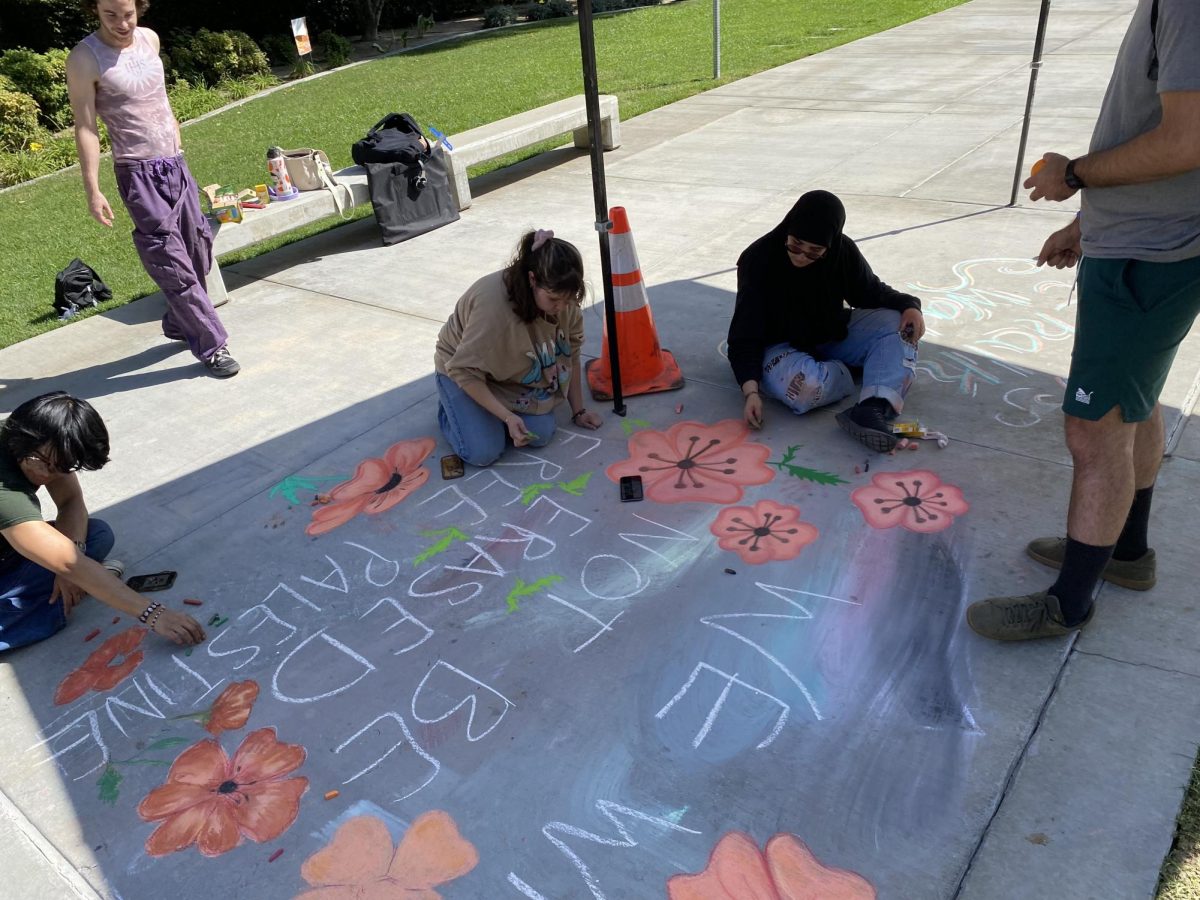


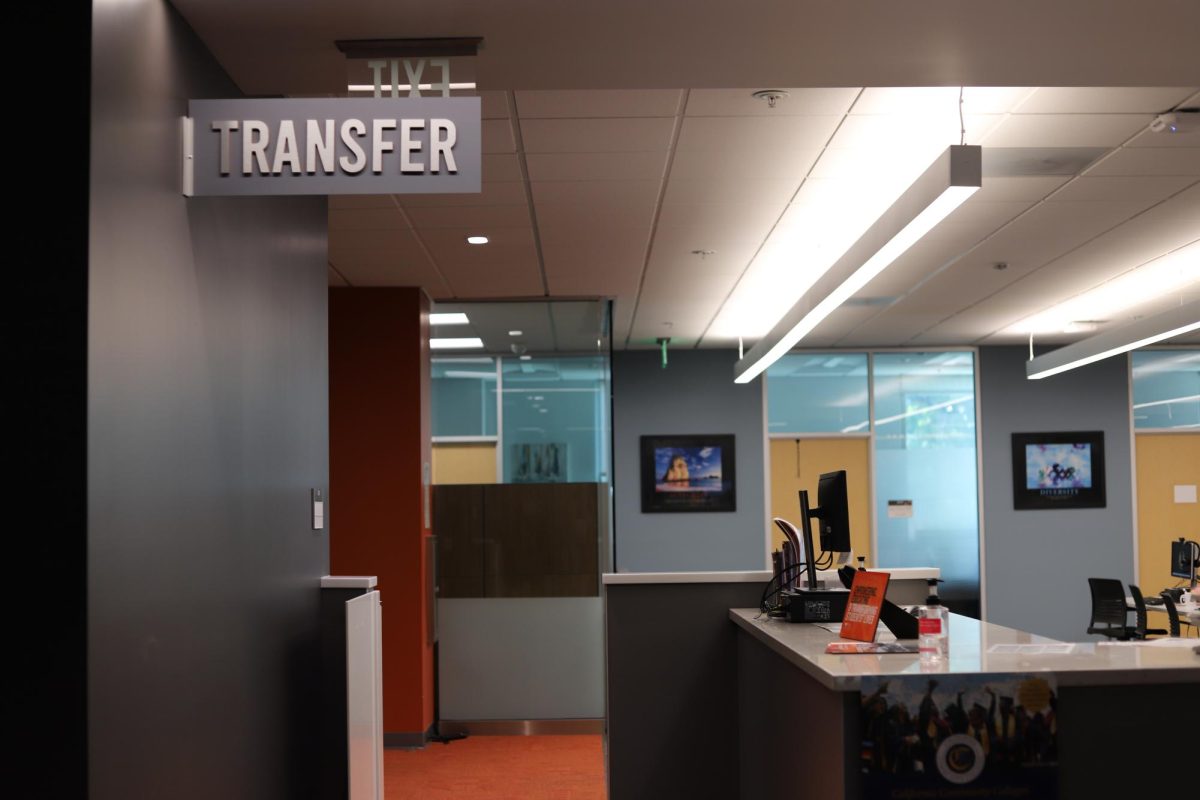





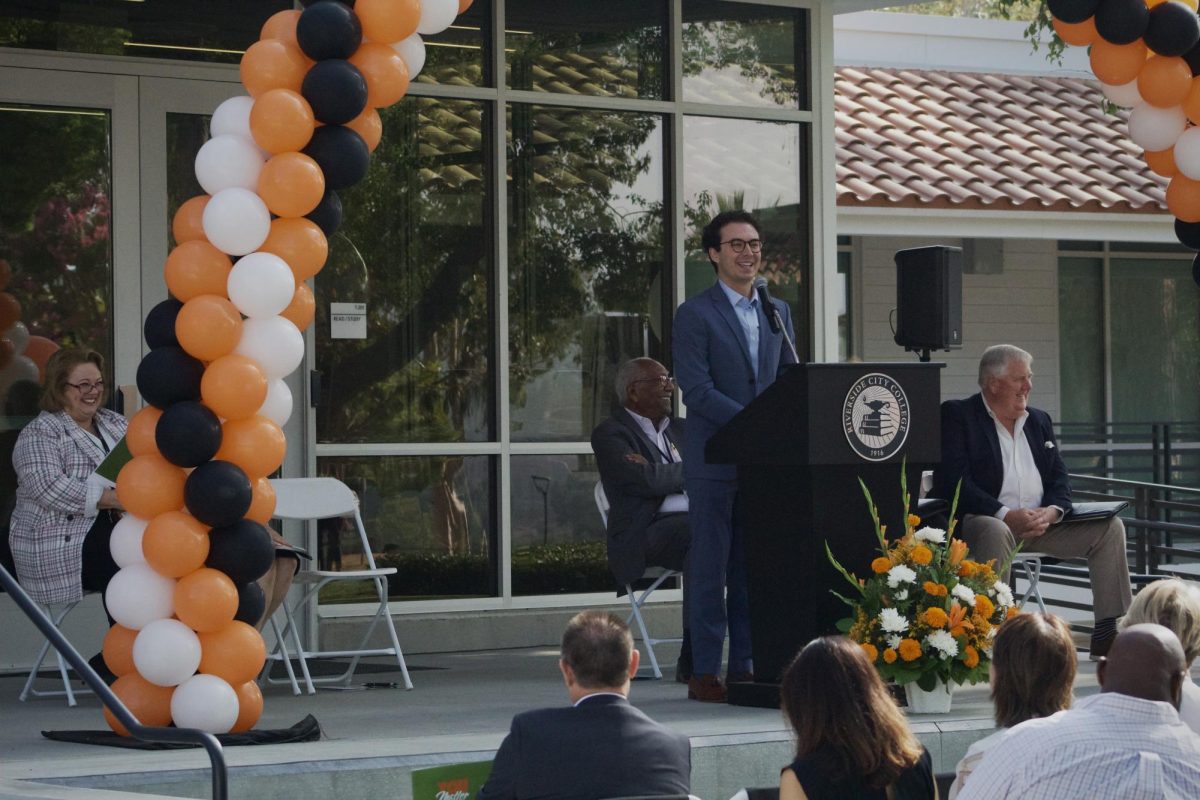
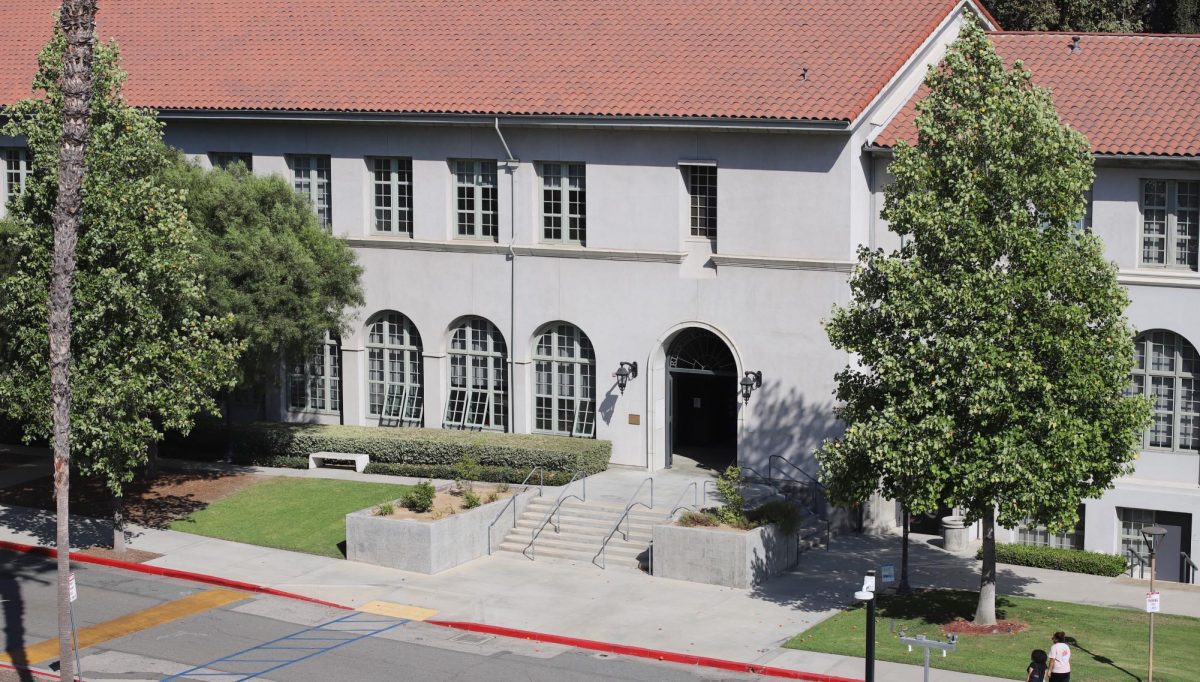
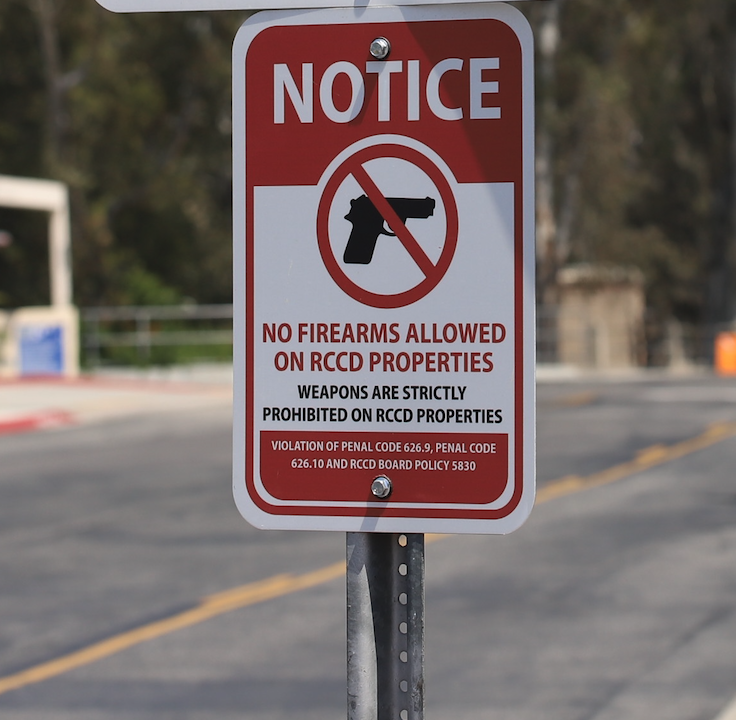
stuartfroum • Nov 2, 2018 at 1:34 am
Thanks for sharing such an amazing blog!